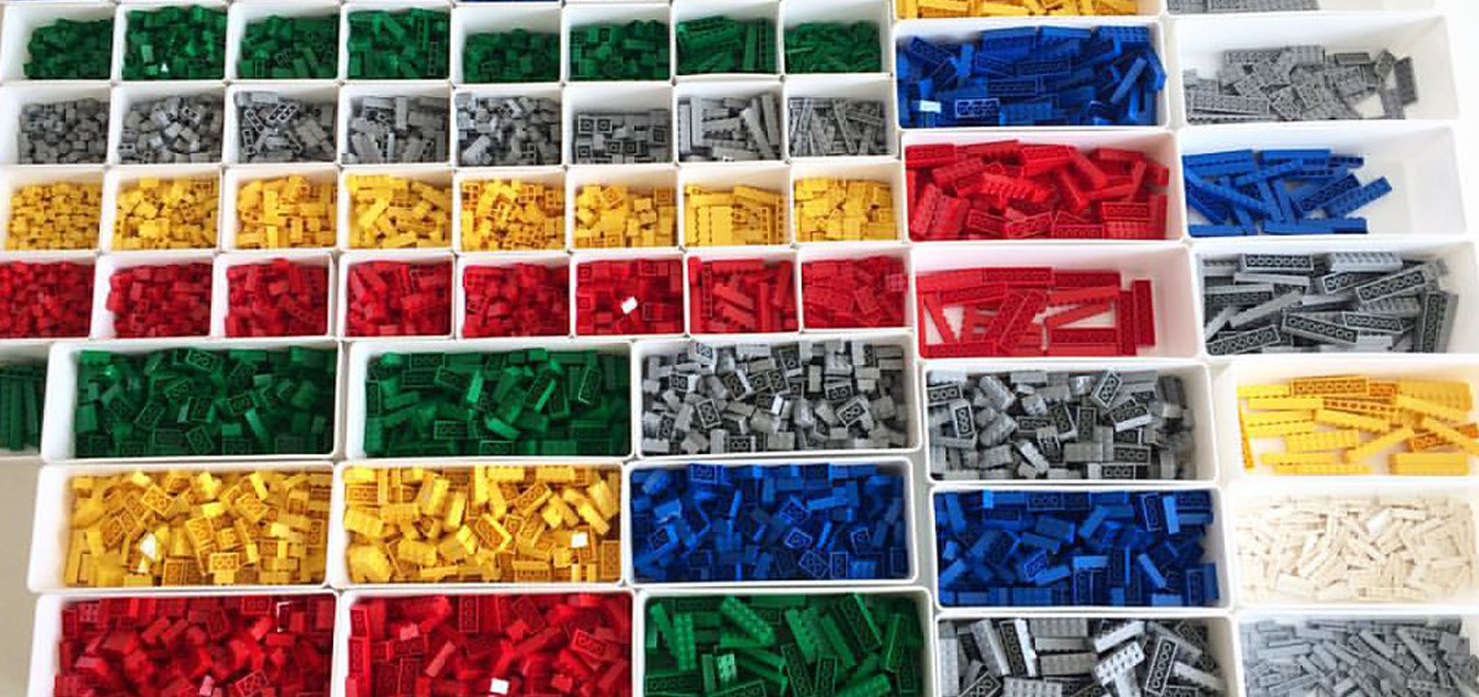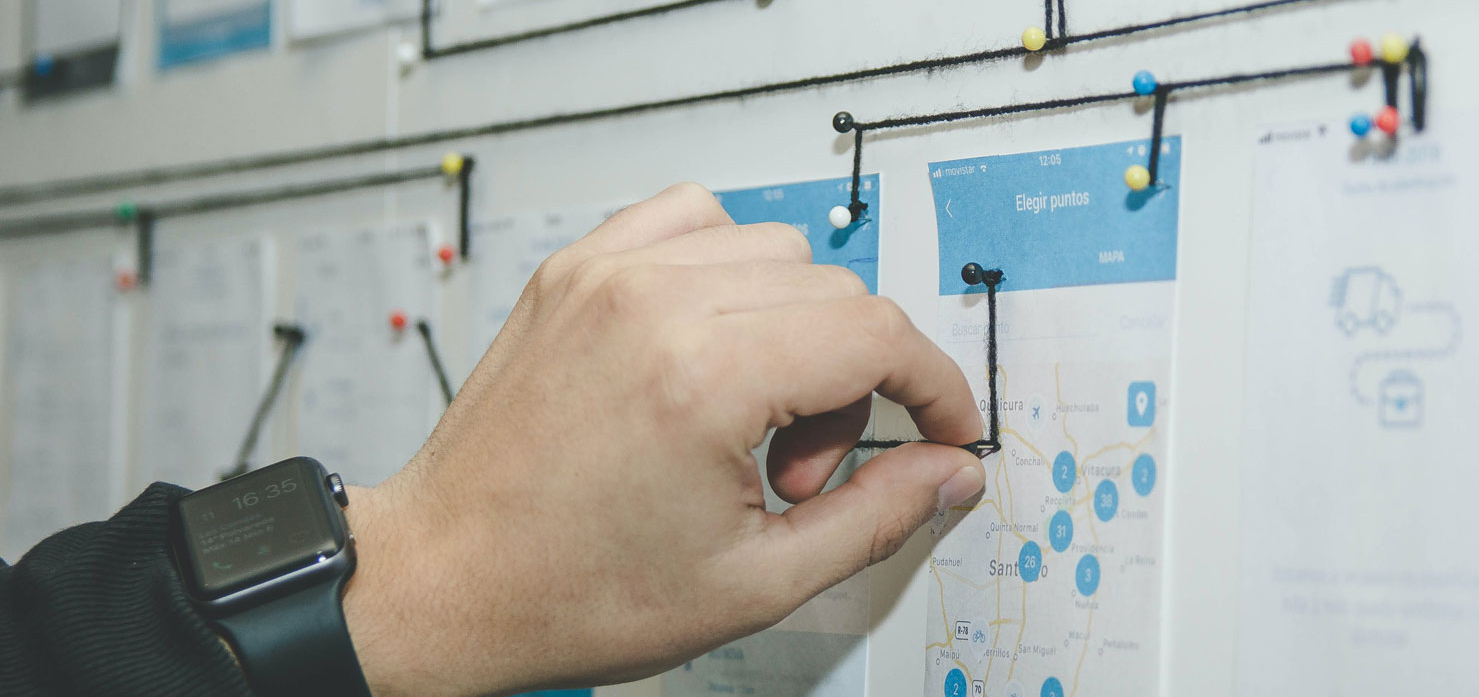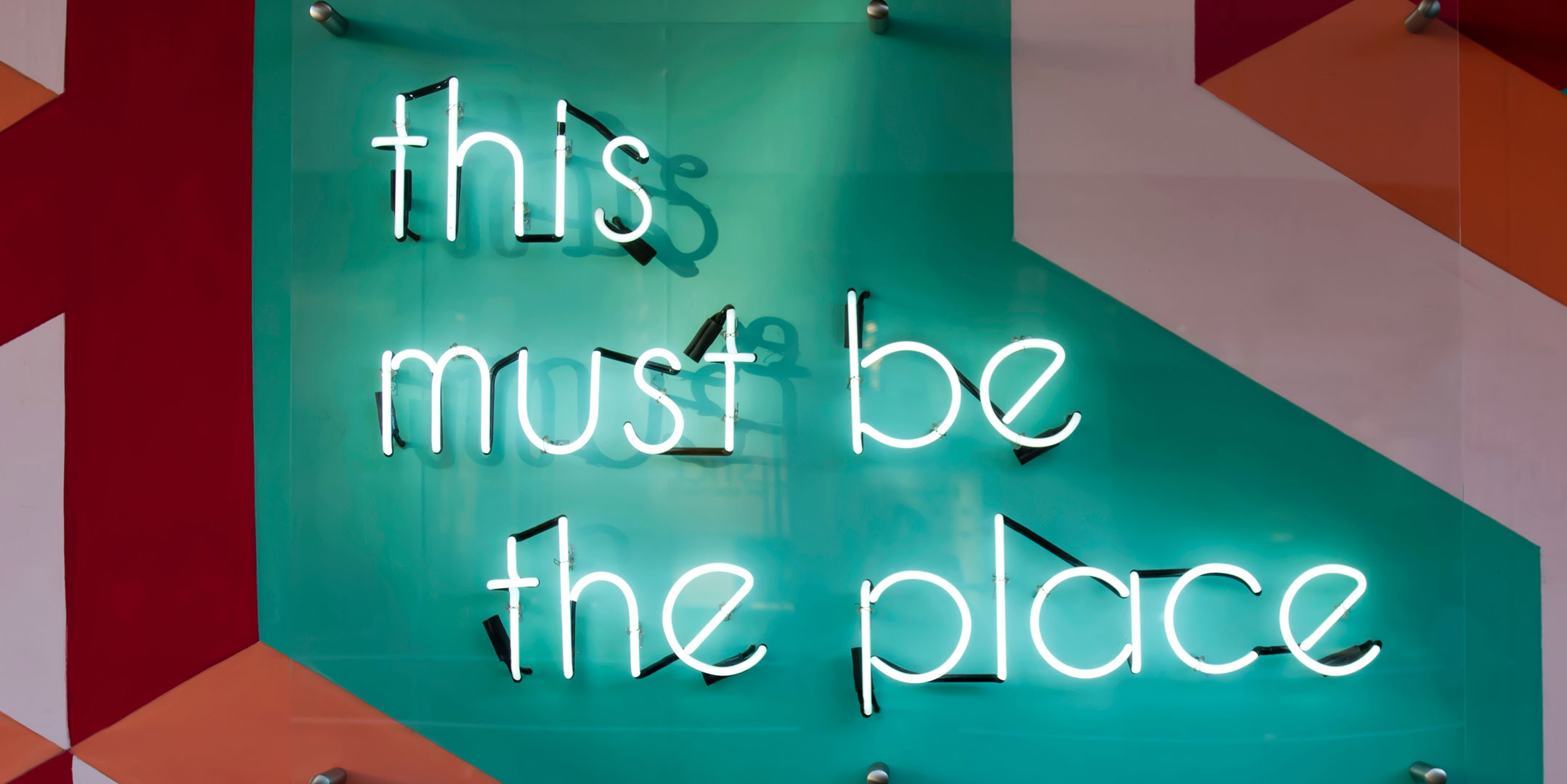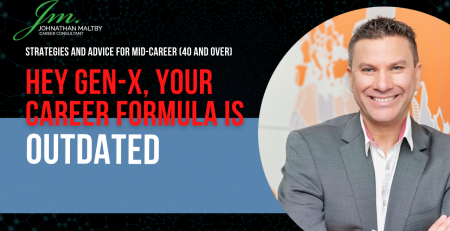How to Design a Fulfilling Career and Love Your Mondays
Do you look forward to Monday mornings or do you dream them?
Let’s face it, deep down we all desire a career that gives us a sense fulfilment, purpose and satisfaction.
We want to be recognised for our expertise and value as well as being financially rewarded at the level we truly deserve.
But so many people are not finding fulfilment in their careers.
Let me ask you a question…
How do you feel on a Sunday night or on a Monday morning knowing you have to face work?
I find people tend to fall into 3 categories here:
1. They dread Monday’s – thinking about it on a Sunday night can cause poor sleep and anxiety about facing the day tomorrow.
2. They are ambivalent – it’s neither good nor bad, they can take it or leave it.
3. They are super excited about Mondays because they get to do the work they love, in a great environment and this gives them a sense of purpose and fulfillment.
There are numerous reasons why people dread Mondays. In fact, a lot of my clients work with me because they want to make changes in the careers and need a strategy and action plan with specific steps they need to take to ensure they achieve their career goals.
The good news is that change is within YOUR control. But to take control, you need to have the right tools and a game plan.
Your see, a fulfilling career doesn’t just land in your lap, you have to consciously and strategically create it.
So, here are my 4 steps to help you design a fulfilling career and look forward to Monday mornings.

STEP 1: FOCUS ON YOUR PURPOSE
Finding your purpose in your career (and life) is a lifelong journey.
Now, your purpose doesn’t have to be one thing. It could a combination of multiple things all lining up and working together.
To help you figure out what your purpose is at this stage in your life, I recommend starting with an emotion.
HOW DO YOU WANT TO FEEL?
Think about it this way, you’re lying in bed at night and you’re just about to fall asleep and as you reflect over your day, you feel like you’ve done a great day’s work.
You feel satisfied as you got to do work you love and you’re looking forward to doing again tomorrow.
So, what specific activities would you be doing to create that feeling of satisfaction and fulfilment. Maybe it’s not just the activities but the outcomes of those too.
In fact, think back over your career; what roles or aspects of roles have you enjoyed the most and given you a sense of fulfilment:
- Maybe it was a project you worked on.
- Maybe it’s because you got to work on the problems you love to solve and which used a greater range of your skills.
- Maybe it was that “YES!!! I Nailed it” moment.
- Maybe it’s because you see how what you did had a positive impact on other people’s lives.
So, if you had to take all those elements you just reflected on and used it to create the perfect day, what would it look like?
Look, at the end of the day, it doesn’t matter what you do, so much as how it makes you feel.
Someone who sweeps streets could feel the same feeling of fulfillment at the end of a day’s work as a powerful CEO does.
So, start with the feeling you want to experience.

STEP 2: GAIN CLARITY
Over the course of our careers, we gain clutter or noise in our heads, which makes it a challenge for us to understand and communicate exactly what we are and what makes us valuable to an organisation.
Clutter also stop us having clarity of career direction. That’s why people often drift or stagnate in their careers.
This noise or clutter in our heads can often led to a ‘Professional Identity Crisis’.
To gain this clarity, we need to declutter and unpack ourselves, look at everything we’ve got and then start putting things into categories as well as eliminate aspects of our career and professional identity that no longer serves us. This will help us cut through the noise and gain that clarity we need to start chasing a much more fulfilling career.
By unpacking yourself and putting things into categories you are essentially defining your Professional Identity.
I’ve put together the 6 pillars of your identity to help you unpack yourself and start cutting through that noise.
Your Professional Label – what are you calling yourself, e.g. I am an Organisational Performance Specialist or I am a Digital Product Design Professional.
What You Do – what problems do you help people or organisations solve?
Your Key Areas of Expertise – what skills and experience do you use to solve those problems?
Your Specialisation – where do you have the greatest depth of skills and experience
Your Value – what outcomes can you help people or businesses achieve?
Your Goal – what are you working towards in your career (read my goal setting article).
When we have greater clarity of our professional identity, it makes it much easier to gain greater clarity over the direction we want to take our career in. This helps us take strategic control over our professional lives and design it the way we want it to be.

STEP 3: CREATE YOUR STRATEGY
A goal without an action plan is just a dream and that’s often where it will stay. So, the next step is to convert your career dream and goals into an actual strategy with an action plan.
Define Your Space
I always say the first step is to think what ‘space’ you want to play in. Your zone in other words.
Describe it in as much specific detail as possible, i.e. industry, role, salary etc…
You also want to get clear on why this space interests you, what type of organisation are you looking work in (start-up, SME, large corporate etc.) and what specific activities you want to be doing within this zone.
The next thing you want to do is get an idea of the roles that exist within that space.
If you know the role you want, then great.
If you need to understand what roles you could potentially gain within that space, then a simple LinkedIn or Google search can quickly help you map that out.
Skills and Experience Analysis
The next step in creating your strategy is to understand exactly what skills and experience are necessary to be successful in that space or role you are wanting to progress into.
Looking at a range of job descriptions that fall within that space, will quickly tell you what skills and experience you need to have.
Now compare these skills and experience to what you’ve got already?
If you’ve identified any gaps then you need to figure out how you are going to plug them, such as upskilling through courses or certifications or gaining addition experience by getting involved in projects and taking on responsibilities that are outside your role.
Evaluate Your Current Career Path
Is the current career path you are on, going to lead you to those goals or roles or do you need to change track?
If getting to a specific role means using a series of other roles as stepping stones, then you need to understand exactly what those other roles are on your path.
For this to happen, you need to do a bit of reverse engineering – work backwards.
Look at others who are in the ultimate role you want – then look back at their career path and the roles they have taken to get there. LinkedIn is a great tool to help you study other people’s career path.
This will give you a greater sense of direction and focus.
Create A Specific Action Plan
Map out the key actions do you need to take to help you achieve those goals.
Be specific and most importantly set timeframes and milestones because if you don’t, you’ll drift, take longer to achieve or goal or at worst, not reach it at all.
Remember, a goal without an action plan is just a dream and that’s often where it will stay.
It’s said that a journey of a thousand miles starts with a single step so to start off with, keep it simple – what 5 actions can you take this week that will being you closer to a more fulfilling career.
For example, if you want to change jobs, then the first step could simply be updating your CV or LinkedIn profile. It could be having a chat with your manager about your career aspirations, it could be seeking out an industry mentor or career coach to help you.

STEP 4: MANAGE YOUR MINDSET
To set yourself up for a successful career and design it your way, you’ve got to make sure your head is in the right space.
You see, mindset and self-belief play a huge part in shaping your career. It influences your attitude, behaviours and the decisions you have made that have led you to this point in your professional life.
For the last 8 years, I’ve studied the careers of those I consider to be at the top of their game.
I wanted to know what were the biggest contributing factors that have resulted in their success.
Were they more skilled than others? Did they have more experience or greater education?
I realised that what often separated them from their peers, was their mindset, self-belief and their understanding of exactly what makes them valuable.
They also had established positive patterns of behaviour that have been integral to their success.
So, if you are currently in a situation where you are feeling frustrated at where your career is currently at, then stop for a second and look at what part your mindset has contributed towards this.
Here’s 4 key questions to ask yourself…
1. What mindset, attitude and behaviours have brought me to this point in my career (both positive and negative)?
2. Are my current mindset, attitude and behaviours pulling me towards my goal and career happiness or pushing me away from them?
3. What patterns of behaviour and mindset do I need to adopt to ensure I achieve my goals?
4. What are my distractions and how can I manage these?
Let’s Wrap it Up…
To design a fulfilling career, one where you love Monday’s, you’ve got to have these 4 elements at least:
Purpose: An understanding what you love to do and why you love to do it.
Clarity: Decluttering, cutting through the noise, unpacking yourself and defining your Professional Identity.
Strategy: Taking control and designing your career how you want it to be by transforming a dream into a goal and then an action plan.
Mindset: Establishing the optimal mindset, behaviours and actions you need to take to overcome obstacles and stay focused.
Following these steps and adding whatever else works for you, will help you design the career you really deserve. One where you look forward to Monday mornings because you get to fill your day with things you love, things that when you reflect over your day, gives you that sense of fulfilment and excitement for the next day.
After all…
Life’s too short to dread Mondays!











